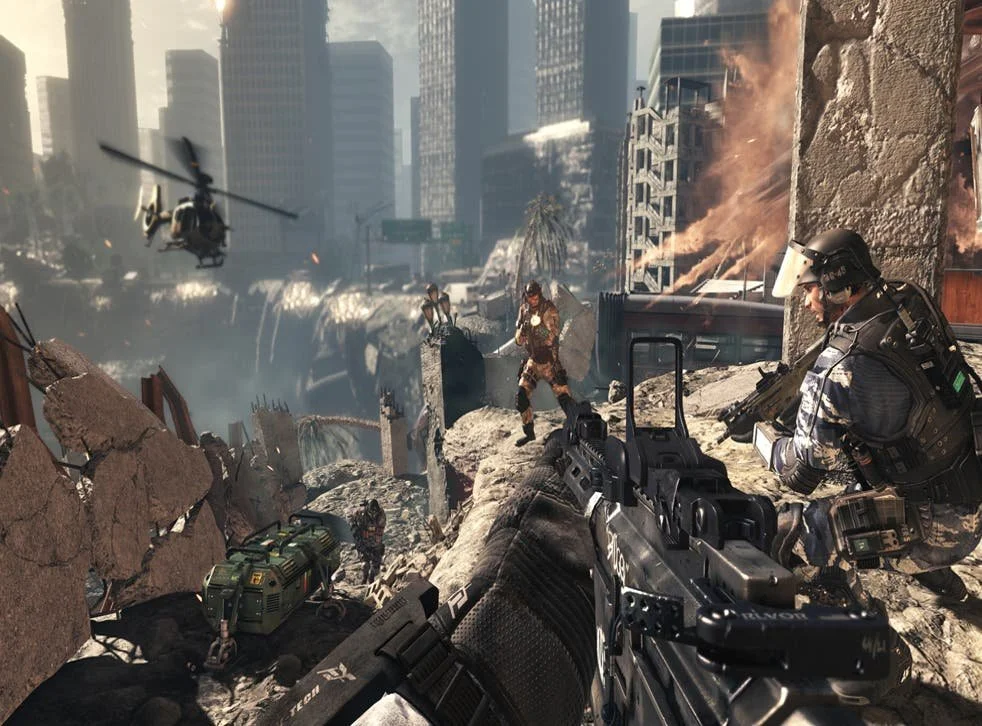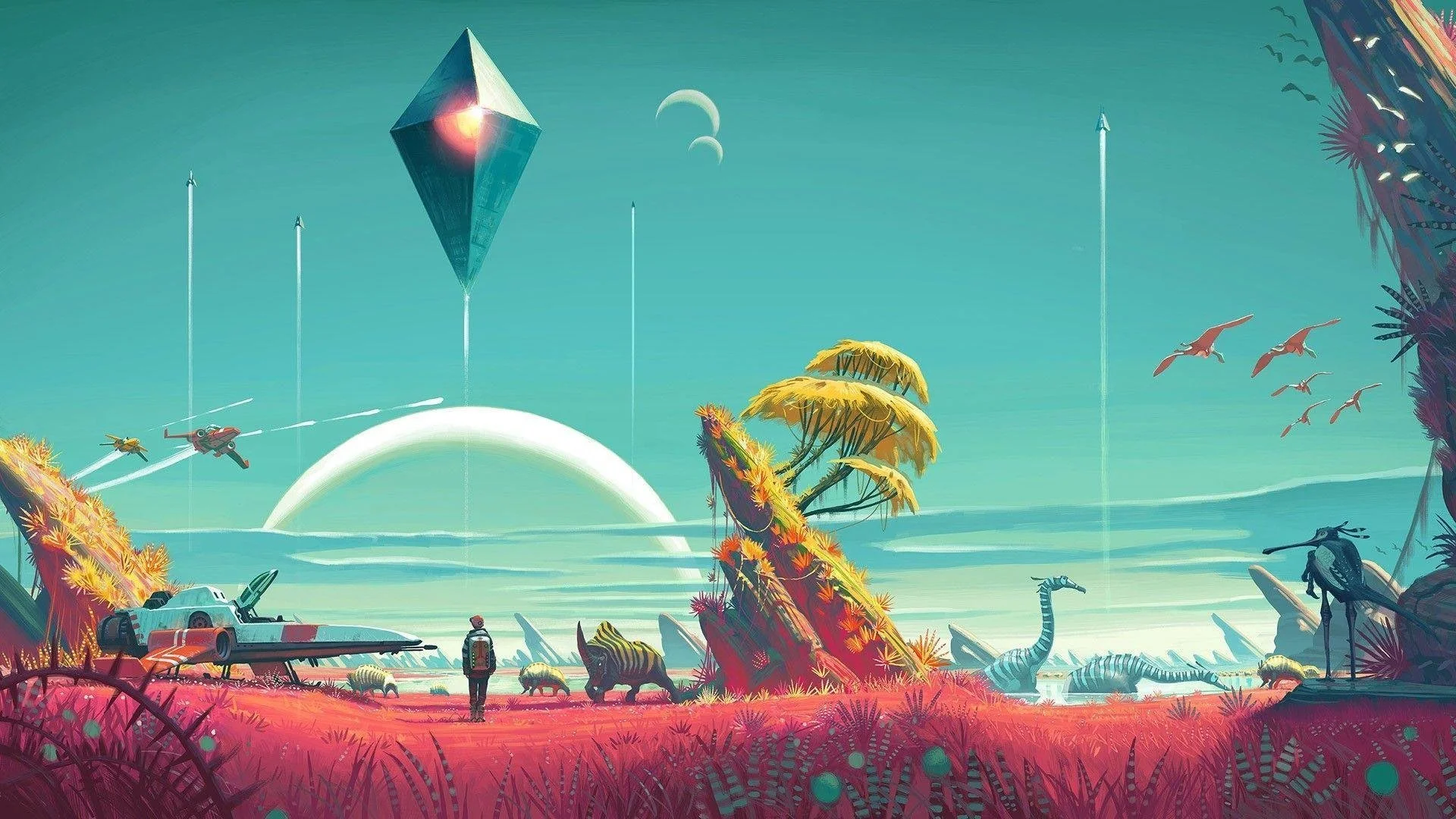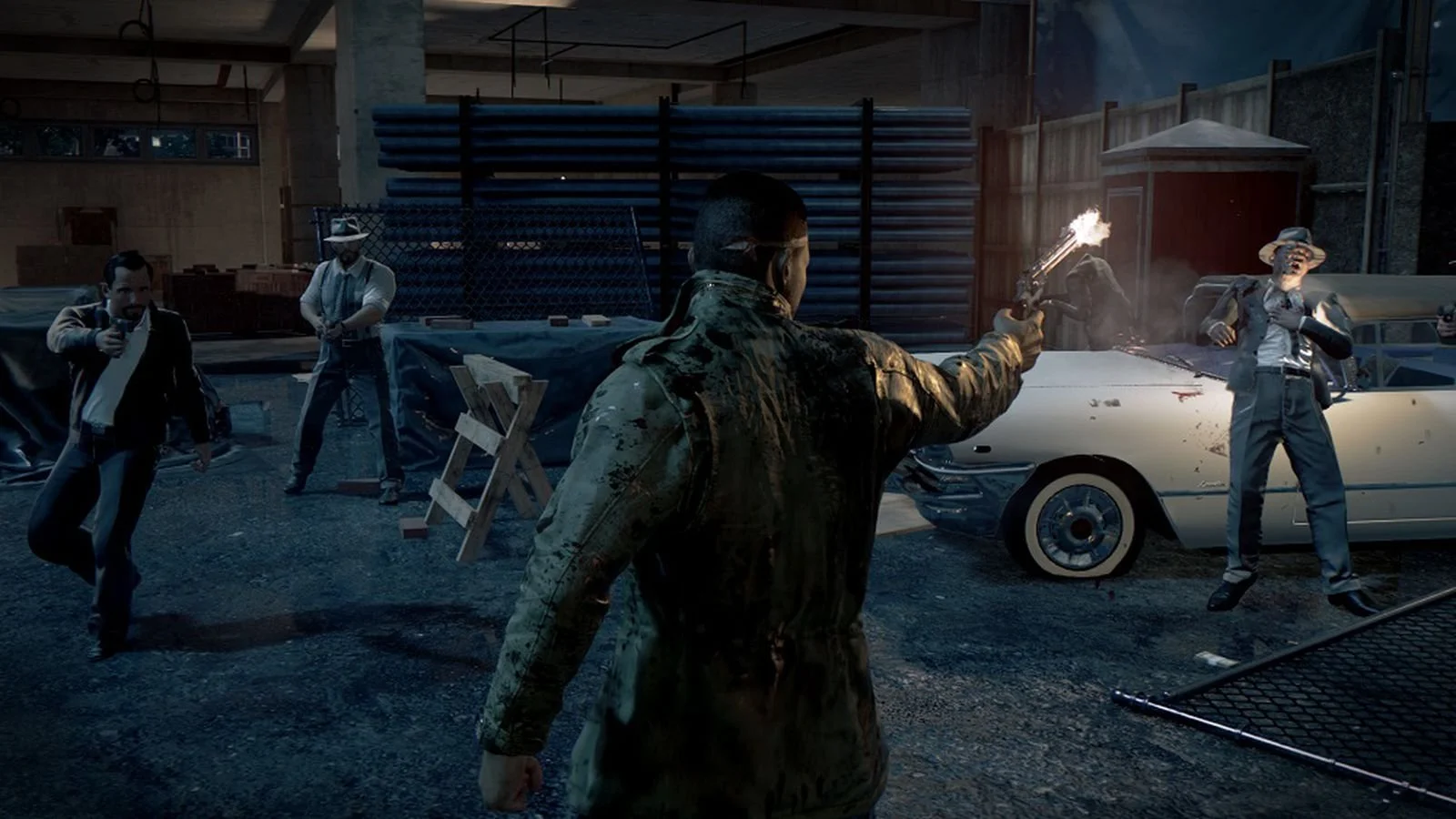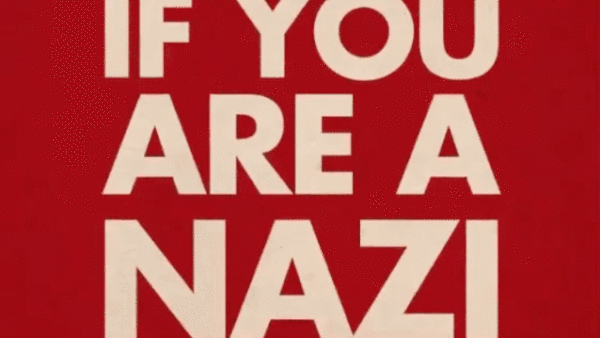What Khee Hoon Chan Learned From Six Exhausting Years of Freelancing | Winter Spectacular 2021
There’s a certain sort of disenchantment that sinks in while freelancing in games journalism. After a year or two, it’s almost de rigueur: consider the unpaid hours spent on brainstorming and research, the ceaseless cycles of pitching, the paralysing anxiety induced by absent editors, and the relentless follow-up emails chasing for payment after submitting your piece. Burnout is endemic, and the pay is dismal. If you are lucky, you may scrape together some semblance of a living wage—but all too often, you’ll be spending many, many late nights away from your bed.
If you haven’t read either of these pieces you really should.
As compared to my peers, I’m somewhat of a late bloomer to the games journalism scene. I was in my late twenties when I started freelancing, I was already a copywriter for several years, and I’m not from the global centre of games journalism—the US and Europe. But I’ve always wanted a job that I would not only find unfettered joy in doing but one that would be also immensely gratifying. Then I stumbled upon some fucking good games crit—Gareth Damian Martin’s review of The Division by Ubisoft and Dawn Saas’s review of No Man’s Sky—and I knew I wanted to give this a shot.
What I didn’t realise early in this career, however, was just how much games journalism subsists on passion. It’s this very drive that’s also freely exploited to force game developers into stressful and unstable work conditions, and aspiring, eager-eyed writers to produce words for pittance, or be paid in exposure. I started building up my portfolio for enthusiast sites that allowed me to write in exchange for exposure and free games, which eventually led to my first paid article a year—and many sleepless nights—later. I reluctantly signed up for Twitter when I realised it was an essential tool for networking, particularly when attending industry events is usually not within my means. After six years of freelancing, I’ve been fortunately published in publications that I didn’t think I would see my words in years ago—and yet I often feel ready to quit anytime.
Here are some lessons I’ve taken away from my stint in games journalism:
Write about what you love while you can, because lets face it, you are going to have plenty of Call of Duty: Ghosts press releases to report on, whether you like it or not.
1. Write what you love and know
Are you into the weird but wonderful world of tractor simulators? Is being a Witcher fan your entire personality? Did you have a Bachelor’s Degree in human resource management? Then here is definitely a story for you out there to report on, and a niche for you to fill. Sometimes, the weirder the idea, the better the story. No point chasing the newest Call of Duty release feature or pursuing an esports story if that’s not where your interest lies, even if these are some of the biggest conversations in games at the moment.
Wario gets it.
2. Mo’ money, less problems
I don’t know who “Choose a job you love and you’ll never have to work a day in your life” comes from, but it’s a shitty quote that has been used to justify shoddy pay in countless industries. If you’re getting commissioned to write, don’t be afraid to ask for more money. Of course, take into consideration who you’re asking; an indie games site that can only afford to pay you USD50 is probably paying you out of its editors’ own pocket, or a corporate-backed publication that would only pay USD100 for a 2,000 words report, because they know plenty of writers are too willing to accept that pay for the opportunity to be published on a major site. More money means you can do this for the long haul.
3. Interests outside of games is essential
Try exploring the galaxy from time to time.
I was an aspiring musician once, and I’ve used that interest to write about things like procedurally-generated music, gay exuberant soundtracks, and even sneaked my way into a chat with post-rock giants 65daysofstatic on crafting the soundscapes of No Man’s Sky. I’ve spoken to Hong Kong game developers on protest games they’ve crafted in the wake of the anti-extradition law amendment bill. I’ve chatted with Chinese indie developers about the difficulties of developing games in China. Music and politics are some of the most inextricable aspects of my lived experiences, and I’ve also found that these are also some of the fastest pitches and most fulfilling articles to write.
4. This industry is largely dominated by white people
Games journalism has a diversity issue, and it’s that white people make up the bulk of writers and editors in the industry. This, in turn, impacts the sort of topics that are covered by games media. Exacerbating this is the concept, first popularised in the early 2000s, of foreign correspondents and white “Asian editors”, who become self-proclaimed experts in Asian culture; while on the other hand, I know I’ve been passed over for jobs because I’m not white. If you’re a minority writer, one thing you can do is to find a community of like-minded writers, stay sane, and dedicate some of your time to being offline. If you’re a white writer, elevate minority voices.
Some times the clapback is worth it.
5. Don’t always ignore the hate mob
This one sucks much more when you’re a minority writer. Conventional wisdom states that you should ignore hate mobs and hope that entitled gamers simply find a new target to harass, like taking shelter from a shitstorm and hoping it’ll rain on someone else instead. But no one ever talks about the immense frustration that comes with feeling hopelessly passive to the whims of a toxic gaming community. If you find more satisfaction in telling a troll that they’re only spamming your inbox every day because their sheltered life means that they cannot fathom a bigger world outside of video games, then go ahead and do so. Bonus points if they tell you that they’ll try to get you fired—you don’t have a full-time job anyway!
6. Be punk as fuck
Be an iconoclastic writer. Write weird, anti-traditional pieces that provoke discussions. Specialise in op-eds, even if everyone else tells you such pieces are not an easy sell. Don’t write for money, but for yourself. Punch a Nazi.










